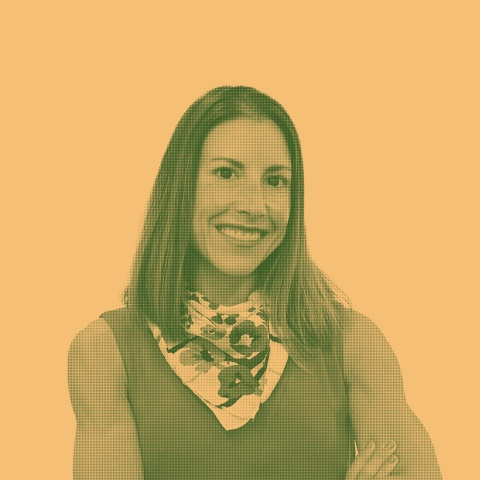Identity Development for Equity

I figure how my why, which is impact through connections, and my core values, integrity, and be me are representative of my identity.
Last year, I served on a leadership panel with area experts at the Teach Middle East Leadership Conference in Dubai around DEIJ (Diversity, Equity, Inclusion, Justice) issues affecting this region. When asked what we can do in schools today to address and remove inequities that currently exist, my immediate response has absolutely nothing to do with schedules, proportional representation in classes, leveling up those classes, i.e., removing tiers of courses that create divides among cohorts of scholars, planning for teachers to co-plan to co-serve (more than co-teaching!), curriculum reviews & considerations of modifications to be more inclusive, and activities to support the whole child. Instead, my response when asked about those steps is first to examine our Identity as individual human beings, and how we show up in our work to impact scholars and their tomorrow due to who we are.
We bring our whole selves as human beings to serve others in our jobs each day within our learning communities. This has everything to do with our stories, our experiences, where we grew up, our values, our WHY, our beliefs about our scholars, our colleagues, and the roles we play, down to the power in the language we use when we interact and connect with our scholars, our colleagues, and families. All of these facets of our own identity impact where we may be in our planning (curriculum) and instructional delivery on our own and our entire learning community’s Cultural Proficiency continuum.
Before we can begin impacting systems and structures, we must carefully examine our own identities, and we must commit to frequently digging in with our colleagues to understand their identities, and how our work is impacted by Identity. Doing so will create avenues for open, honest dialogue, as well as help the entire community to approach our work to serve our scholars and families in ways that will have deeper impact for improved teaching and learning outcomes. My philosophy as an Educator is that our scholars leave us LIFE Ready and Literate; this is built on the predicate that our scholars know who they are, they know the world around them, and our scholars know how they fit in the world around them. Unless we engage together in Identity work, which is the first part toward building Equity foundations across our systems, our scholars will not be fully equipped to navigate the world around them!
As a leader, I suggest starting small for unmistakable impact as you engage yourself and your learning community of colleagues. Therefore, I am sharing a few things I did for myself and with my teachers and staff around Identity development. First, I was intentional about two things: time and commitment. For anything to be sustainable, there must be a plan, and whatever fits in that plan needs to connect to the bigger picture, i.e., Theory of Action, Strategic Plan, Goals, KPIs, Measures of Success, Professional Learning, or you run the risk of such work being seen as ‘extra’ or irrelevant to Teaching and Learning. As a leader, just like a teacher with scholars, it is my job to make those fluid connections on how what we are doing is relevant and will positively impact scholar outcomes. Time is finite with everything on our plates, and nobody likes an extra add-on without removing something else. I am reminded of what someone says, and that is, “The main thing is to keep the main thing the main thing.”
I looked carefully at what was required for our professional learning during Pre-Service Days, and I planned backward the professional learning around our shared goals and pillars in our Strategic Plan. I knew Equity work is not a ‘one and done’, so I had to be intentional about how I planned time for Identity development that would be the Cornerstone toward deeper Equity work that many are familiar with, such as changing schedules re-examining our policies, procedures, and programs and services, in addition to education and confronting unconscious biases, stereotypes and myths, racism, including internal racism, microaggressions, and the history of marginalization, i.e., how we are still perpetuating inequities in our Educational System. I have a caution here. If you are a leader engaging in or considering a sweeping change in what courses are offered and who has access to them (basic, honors, advanced, IB / AP or Dual Credit), how the master schedule will come together for proportional representation across your diverse cohorts of scholars, among other things that come with the puzzle pieces of master / timetable scheduling, this work will not be successful nor as sustainable for your desired results unless you commit to engage in the Identity work, which is the foundation for Equity work. That is another topic I am happy to delve further to explain.
Stay up to date
Subscribe to the free GESS Education newsletter and stay updated with the latest insights, trends, and event news every week. Your email address will remain confidential


